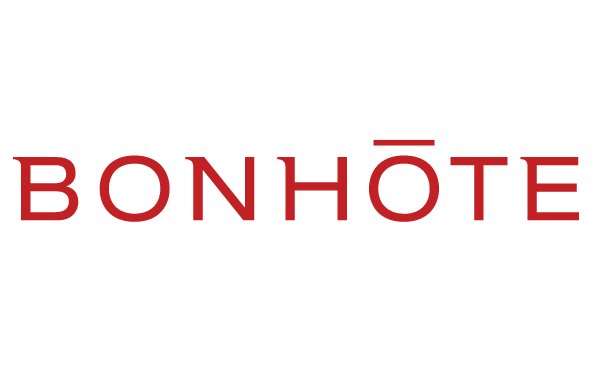Cat bonds – the only true diversifier: Banque Bonhôte & Cie

Catastrophe bonds, as an asset class exhibiting the rare property of price moves that are independent of broader financial markets, can be considered “the only true source of diversification,” according to Swiss private bank Banque Bonhôte & Cie.
Banque Bonhôte & Cie is bullish on the potential for catastrophe bonds to sit as part of its asset and wealth management offerings, the company runs investment funds and solutions for institutional clients, private clients and family offices.
It’s interesting to note how the Swiss private bank’s view on the fundamentals of catastrophe bonds has not changed particularly, but it is now all too aware that the return-potential of the cat bond asset class has risen significantly.
Back in January 2022, Banque Bonhôte & Cie recommended cat bonds as a diversifying investment that had certain benefits.
Among these were, the fact the returns stemmed almost completely from insurance risk, so reducing the tax relevance of the assets, the lack of correlation to equity and bond markets, as well as the lack of counterparty risk.
At that time the private bank said that allocating to a cat bond fund was the preferable way to access the asset class, but noted that an average net return might be only 3.5% to 4%.
Fast forward to 2023 and how things have changed.
Banque Bonhôte & Cie said that overall the bond markets are becoming attractive again, within which it “favors” cat bonds.
Alongside which, it continues to explain the virtues of cat bonds as a relatively uncorrelated asset class.
“Cat bonds, insurance-type products issued by reinsurers to cover a pre-defined event, can be a genuine source of diversification for portfolios,” the bank explained.
Providing more explanation into why cat bonds are attractive, Banque Bonhôte & Cie said, “The benefits of CAT bonds today are many: the money invested is placed in short-term US government bonds, which offer a yield of around 4.5%. In addition to this interest income, an insurance premium is collected for the risk taken on, as the investor substitutes for the insurer up to the amount invested, and this is tax free.”
That yield on the collateral is now as much as the expected net return the bank had said was possible just over a year ago, driving home how much things have moved on in such a short space of time.
As it also highlighted that, “The gross yield on this asset class can sometimes exceed 14%, while the average risk of loss is around 2% per annum.”
Quite a leap from the prior year, with the new much higher pricing in the cat bond market providing much more room for the expected losses an allocation might expect to face, under normal catastrophe load circumstances.
“Unlike virtually all other asset classes, the price of CAT bonds moves independently of financial markets,” the bank stated.
In its recommendation, Banque Bonhôte & Cie calls catastrophe bonds, “The only true source of diversification,” but it’s the uptick in return potential that is so telling for how investor sentiment will develop over the coming months.






